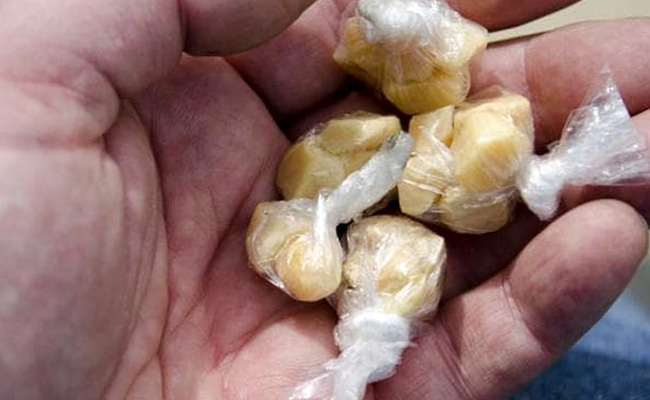Crack cocaine gives a high that many users want to experience again and again. The problem is that this drug is also wickedly addicting and regular use will have a person dependent in a relatively short time.
What is Crack Cocaine?
Crack is the crystallized form of cocaine and is the purest form of the drug available. This purity means strength, and the lure of crack keeps users coming back time and again. Its name is derived from the fact that when heated for smoking it makes a popping or cracking sound.
What’s the high?
The most effective way of taking crack cocaine is to smoke it. This gives the biggest rush because the vapours reach the brain almost immediately. The highly stimulating effects received are due to the drug energizing the entire central nervous system and releasing hormones in the brain that are associated with pleasure and reward. The end result is that the user feels immensely euphoric, fully alert, self-confident and has energy to burn.
Nice but short-lived:
While the ‘high’ is one that many crave for it does not hang around long. Most seasoned users find that it peaks between 15-30 minutes and then slowly starts to diminish.
The obvious answer is to get back on the pipe. While this will give you a high it will not be as intense as the first hit and subsequent hits will be slightly less each time, but because it is so ‘moreish’ users find that they cannot resist going back for more.
Where is the problem?
Because of its intense, but relatively brief high users want more of the same on a regular basis. The way to achieve this is to purchase another bag and put just that little bit more in. If this cycle continues a person will very quickly find they cannot do without the drug.
It is common for crack users to go on benders that last 3 days and beyond with a shortage of money for more or pure exhaustion being two major reasons for ending a crack binge.
Very quick to addict:
While all illegal drugs are addictive, crack wastes no time in drawing a user into regular and increasing use. Cravings for the drug are immensely intense and the desire for more becomes that little bit stronger after each use. Once crack has you it will not let go easily.
Seek help sooner rather than later:
Those who are into regular crack cocaine use should not fool themselves that they can quit whenever they like. The unwanted withdrawal symptoms a person receives when trying to stop are usually more than enough to convince them that another hit is required, and quickly!
If you have tried to stop and failed please don’t just leave it at that and continue use. Doing so will lead to deeper addiction and the very unwanted physical and psychological problems that this brings with it.
What needs to be done is to seek professional rehabilitation assistance and the sooner this is accepted the better.
CLICK HERE to get a Free Confidential Crack Cocaine Rehabilitation Assessment.














